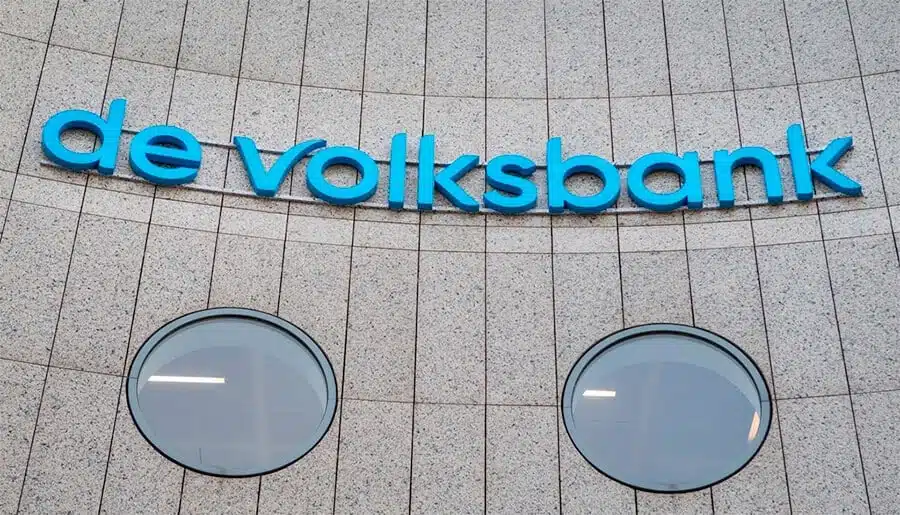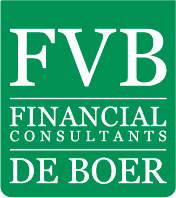
In January 2013 Holland’s third big bank, SNS, was nationalised overnight. This secured the savings of approximately 1 million account holders at SNS.
After the nationalisation of the bank, three out of four large banks in the Netherlands are on governmental “financial life support.” This has great impact on the competition (or rather lack of competition) between the banks, and a great impact on your options when looking to buy a home.
The EU’s competition law explicitly forbids cartels and related practices in its article 81 of the Treaty of Rome. This article specifically forbids price fixing. So why is it that the mortgage interest rates are higher in the Netherlands than in our neighbouring countries? Why are our rates 1% or perhaps 2% above those in France, UK or Germany? Well, this is due to the fact that there are only a few banks left in the Netherlands. One of them had to be rescued and two others are still paying back the government support they received during the credit crunch of 2008. And until they have paid their debt, the European Commission dictates that they may not compete against the one and only major bank that did not receive financial life support four years ago. A legalised cartel, so to speak.
Volksbank lends to the mortgage market
So it is excellent news that just over a year ago a regional German bank carefully set foot on Dutch soil to lend out money for the Dutch mortgage market. But a careful step it is for this Volksbank of Emmerich, situated on the Dutch/German border. The Volksbank lends up to 70% of the market value of the property, so at least one third of the purchase price will need to be available as a down payment when buying property. Consequently, either you need to empty your piggy bank, or maybe you are fortunate enough to have positive equity in your current home. If this is the case, you could also refinance your current mortgage and enjoy an interest rate between 0.5% and 1% lower than the big three Dutch banks have on offer.
Minimum mortgage loan is €50,000 and maximum €800,000. Interestonly mortgages are not offered by this German option, but for new homebuyers, this is no longer allowed with the Dutch banks either. And quite frankly, having your mortgage paid off by the time you retire may be a new notion for the Dutch, but highly recommendable for everybody, expat or Dutch alike.
The Dutch Minister of Housing, Stef Blok, has recently invited other foreign banks to start operating in the Dutch market. They will not arrive overnight due to legislation and permits, but they will certainly receive a warm welcome once they do.
Source: Access spring 2013


